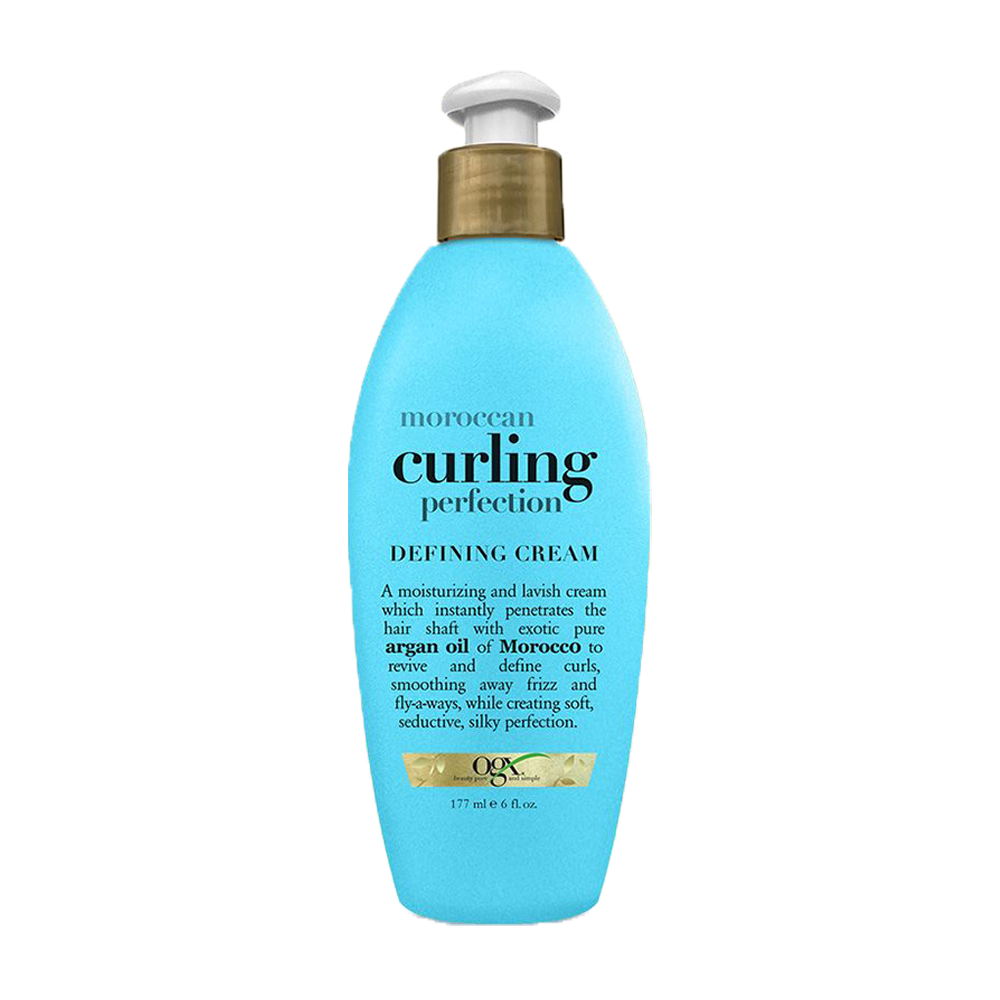If you’re starting to notice that your hair is becoming thinner, you’re not alone. There are many causes of thinning Hair. Some of them are hormonal changes, nutrient deficiencies, stress, pregnancy, and pulling on your locks. Whatever the cause of your thinning hair, there are treatments to try.
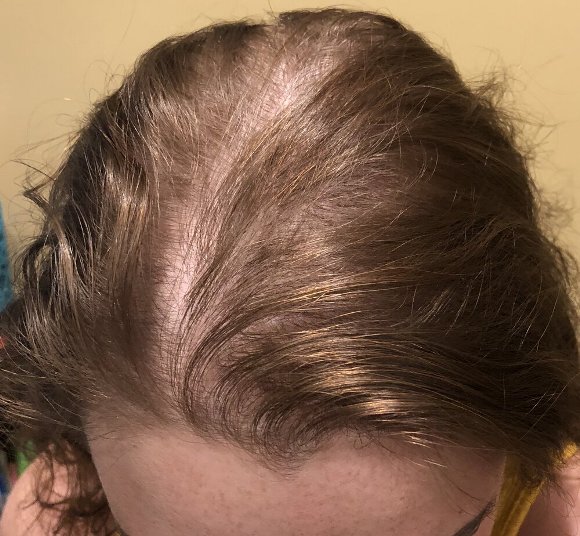
Symptoms
If you’ve noticed that your Hair has begun to thin and fall out in certain areas, it may be a sign of thinning hair. While Hair thinning is a common phenomenon, some people experience more hair loss than others. While it is normal to lose up to 100 strands of hair every day, it’s crucial to keep an eye on your crowning glory and consult a doctor if you notice a drastic change.
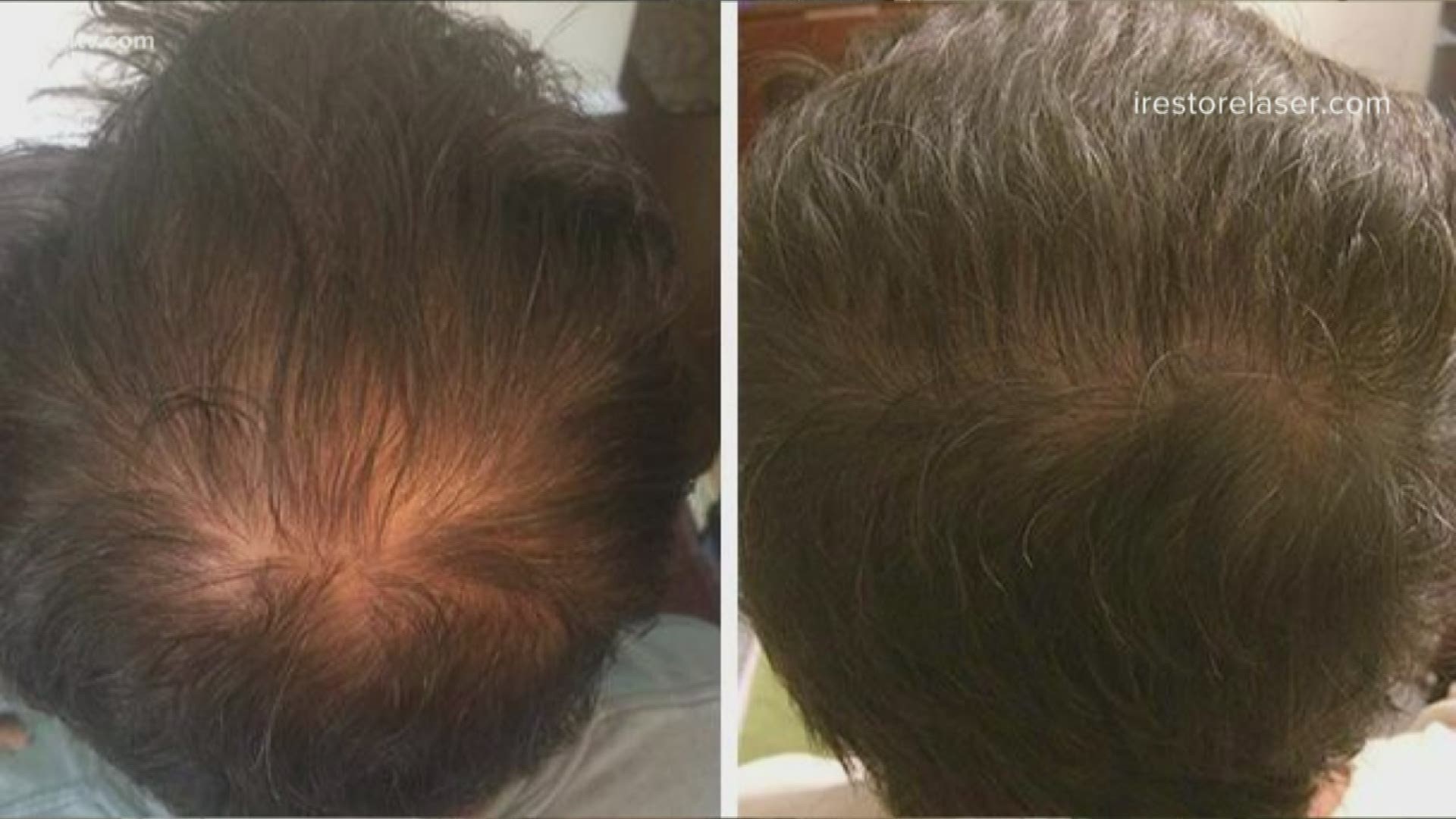
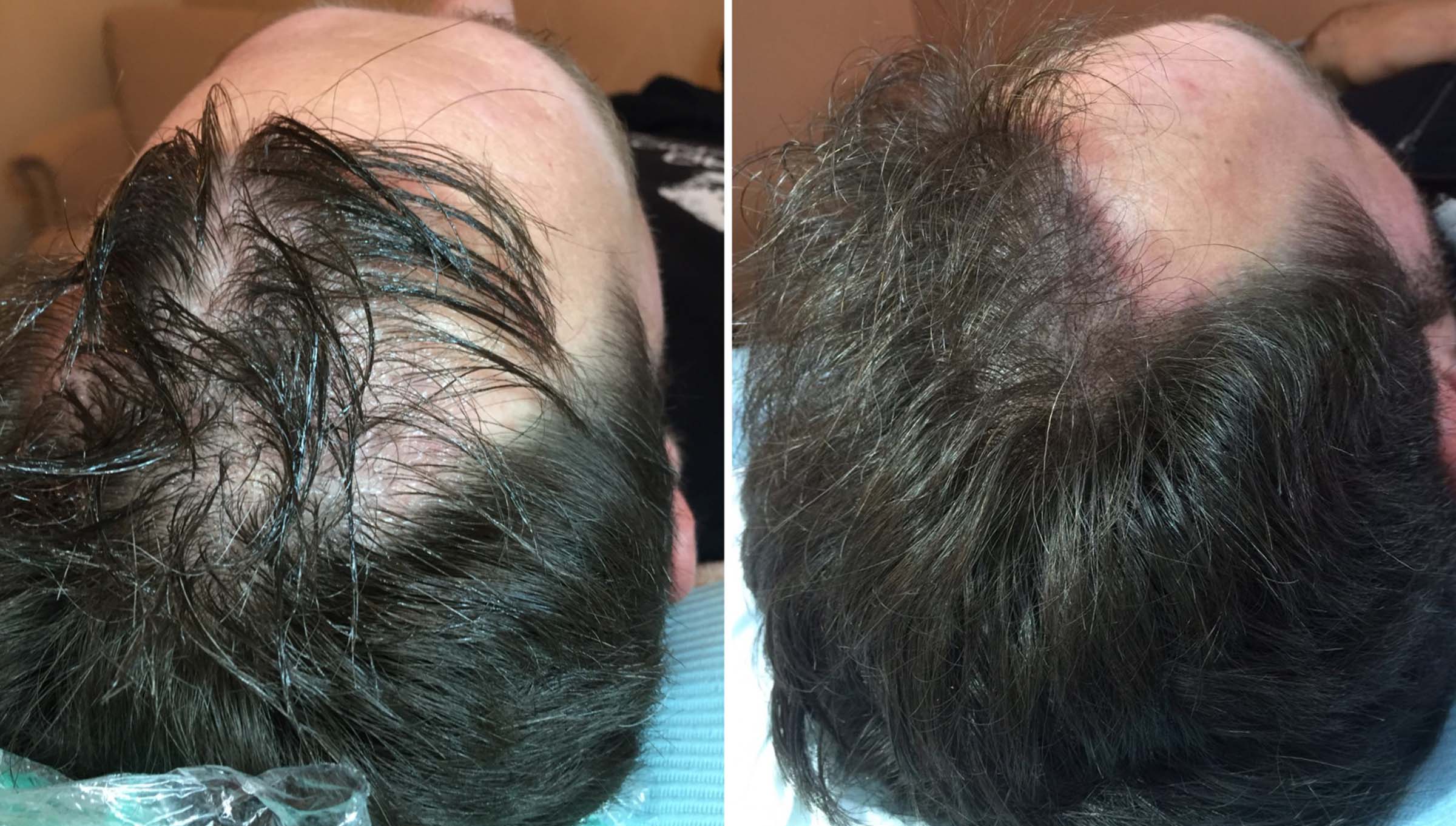
There are many causes of thinning Hair, ranging from excessive heat styling to genetics. In some cases, a trauma can cause a sudden fall of hair. In other cases, hot oil treatments, stress, and Hairstyling chemicals can also cause hair to fall out. However, most baldness is caused by genetics, and it is generally not preventable.
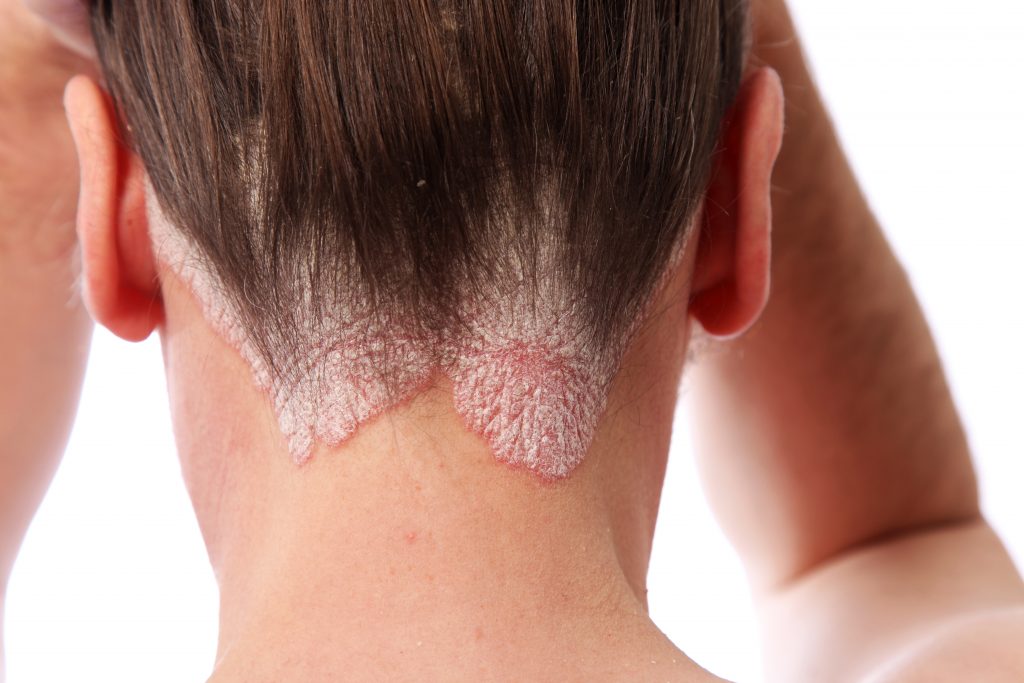
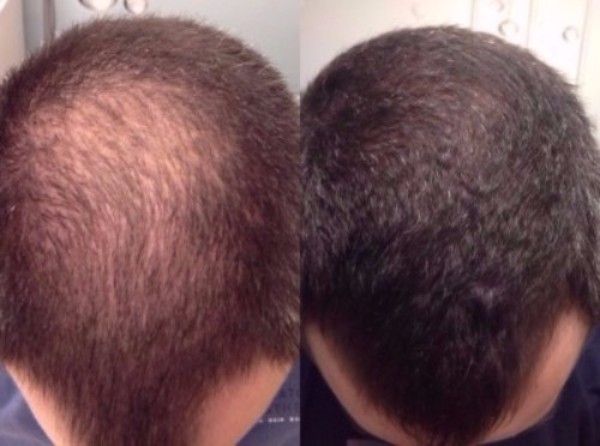
Men and women both experience thinning hair at different stages in their lives. Usually, thinning begins at the temples and progresses upwards across the top of the head. In men, it can be caused by several factors, including a lack of protein in the diet, male hormone problems, and using the wrong hair products. Fortunately, there are many ways to treat thinning Hair, including changing your diet and taking better care of your hair.
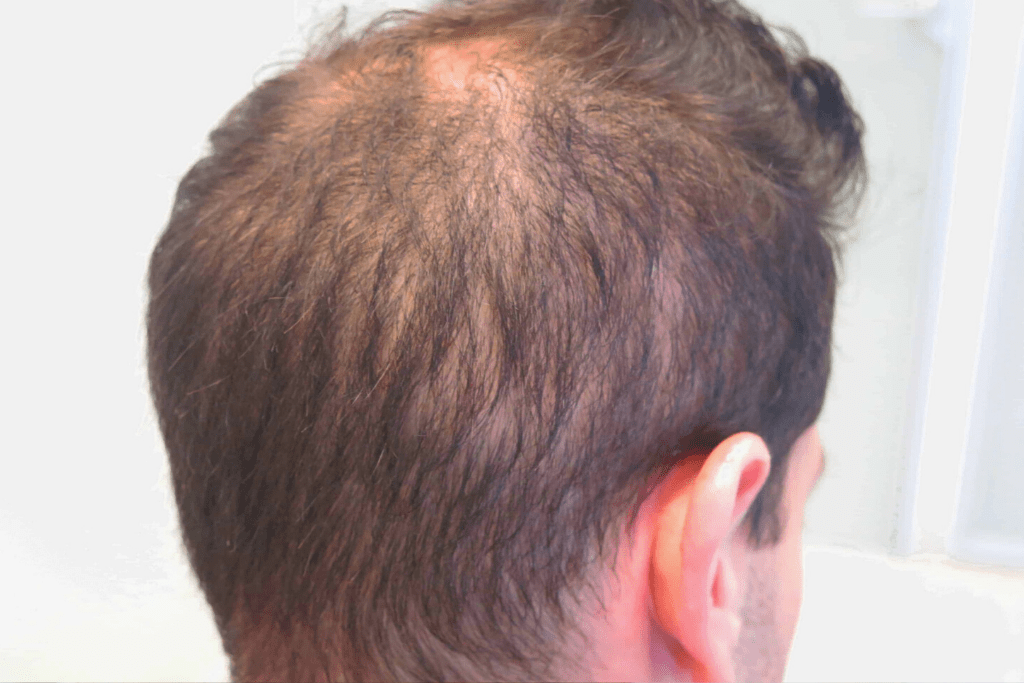
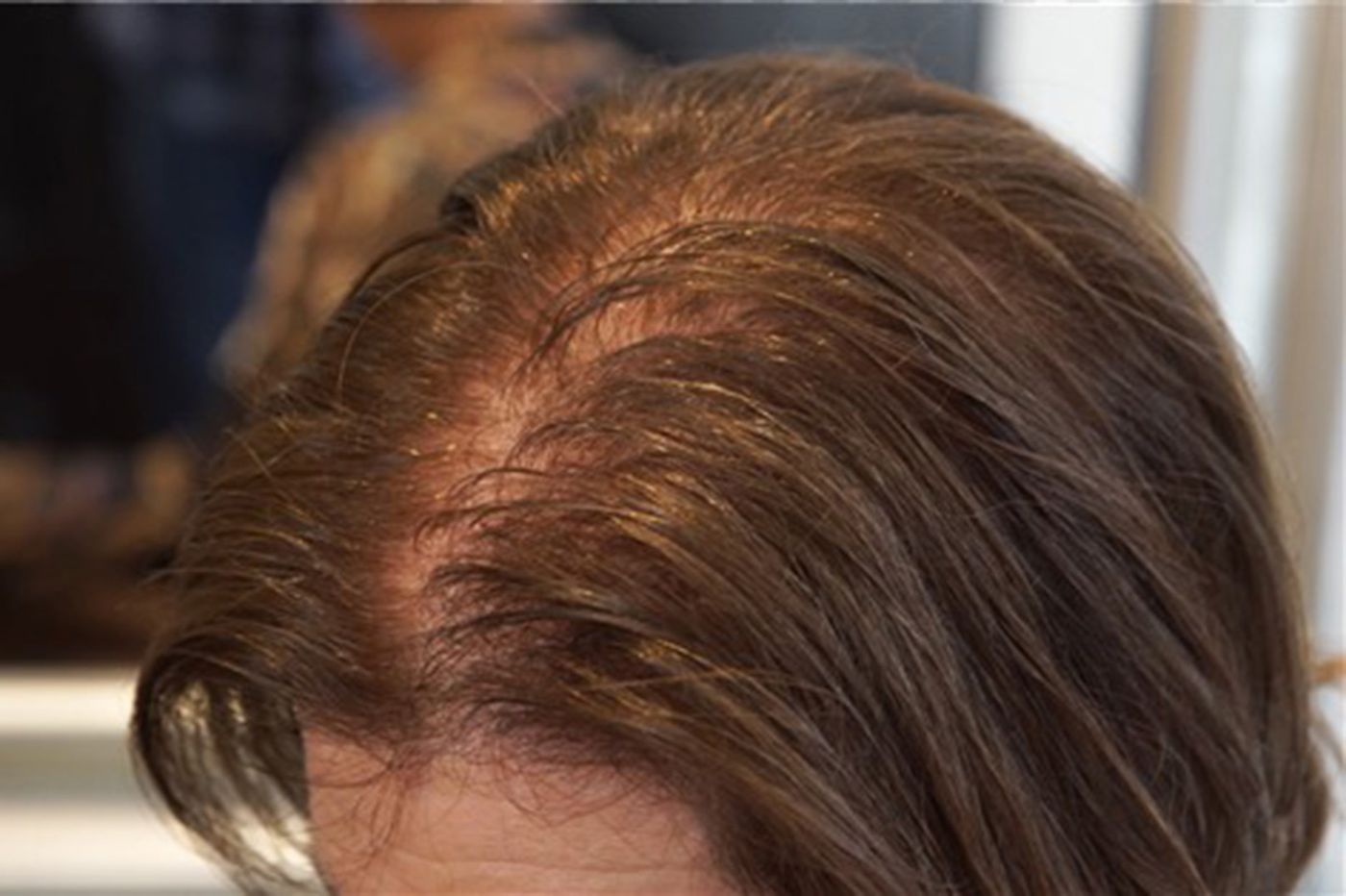
Some of the most common causes of thinning hair include malnutrition, vitamin deficiency, and thyroid conditions. In particular, hypothyroidism is one of the most common causes of thinning hair in U.S. adults, and Hashimoto’s disease is the most common cause. It’s important to know what is causing your thinning hair so that you can take action to prevent or treat it.
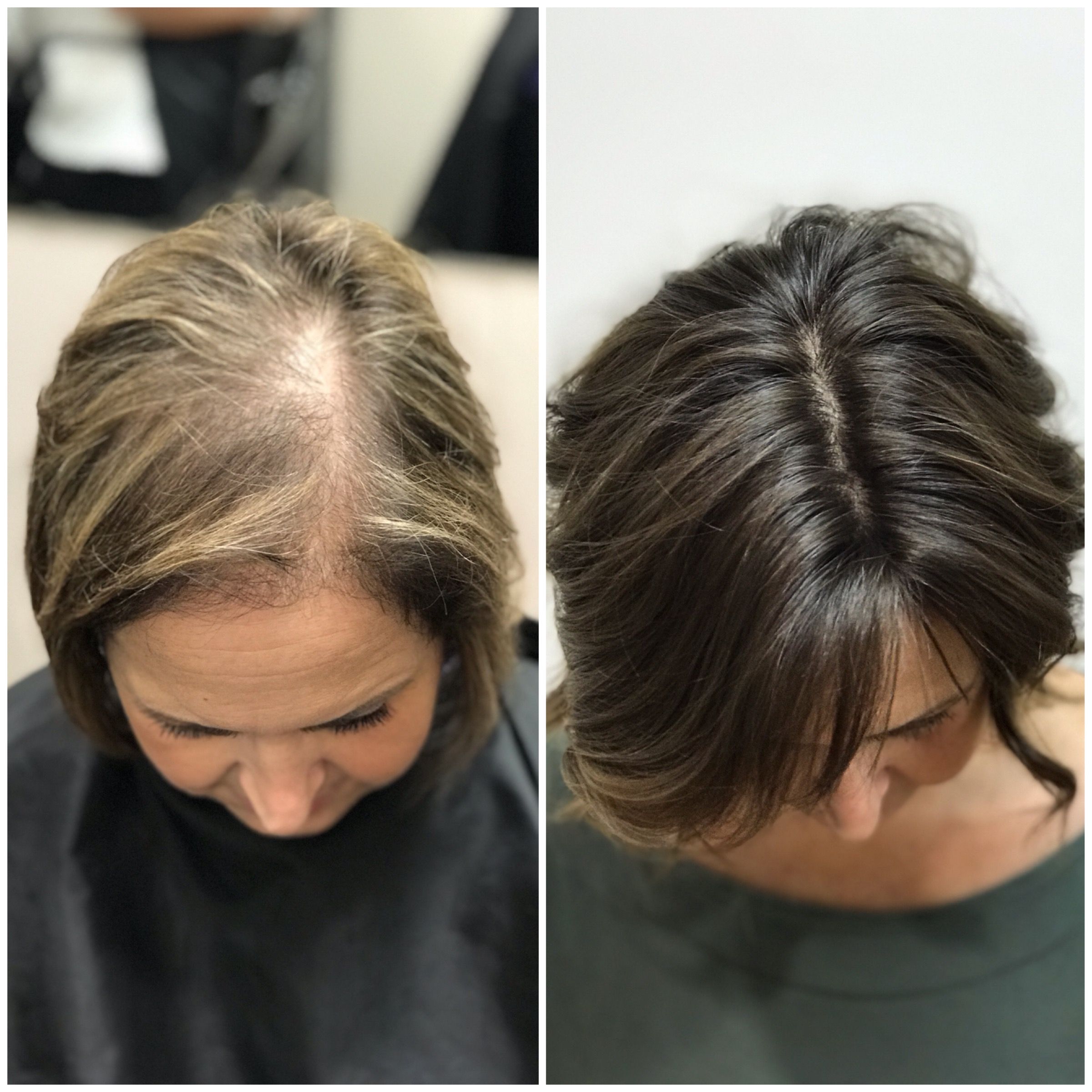
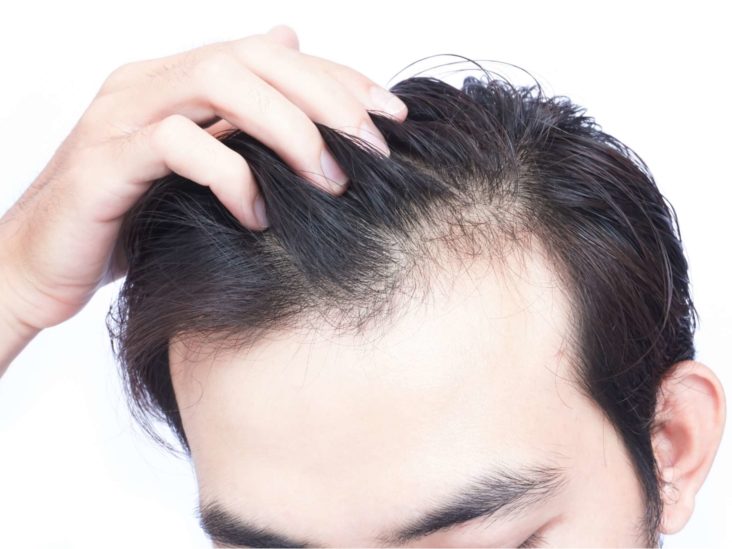
Stress is another common cause of thinning hair, and you should take steps to manage your stress. Taking stress management classes is a great way to reduce the likelihood of thinning hair. If you’re feeling stressed out and depressed, your hair follicles are not receiving the nutrients they need to grow. This can make hair fall out more quickly.
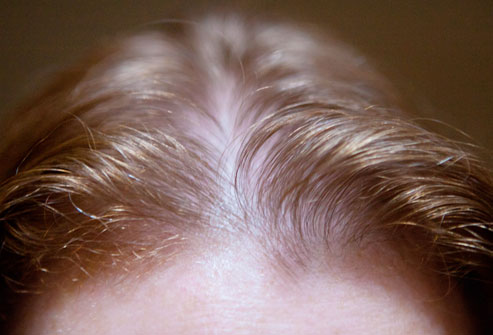
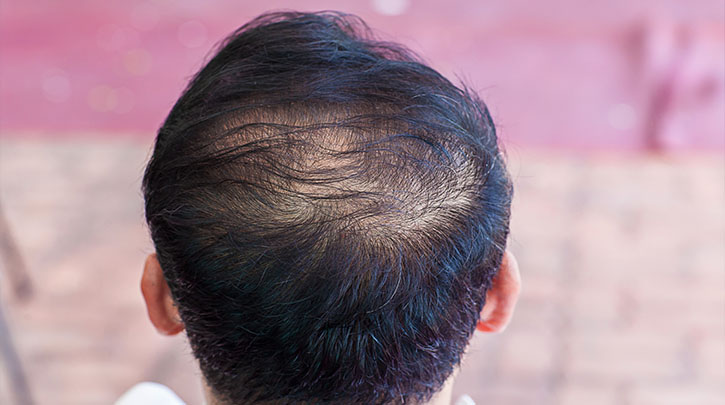
In addition to talking to your doctor, you should also consider taking supplements. Taking iron supplements, for example, may help prevent hair loss. This will improve blood circulation and restore the proper supply of nutrients to the follicle. Biotin supplements, meanwhile, stimulate the production of keratin protein, which is necessary for the growth of hair. And zinc will help protect your scalp’s skin around the follicles from damage.
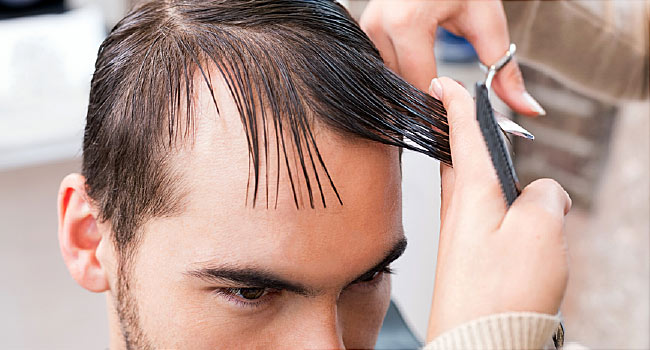
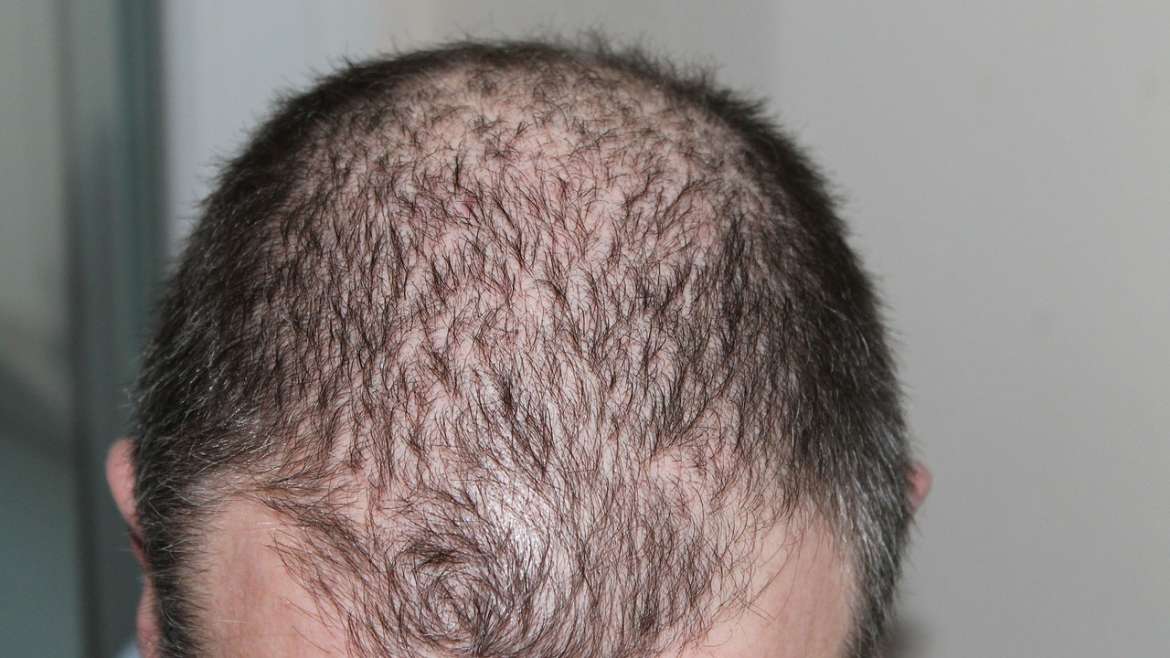
Causes
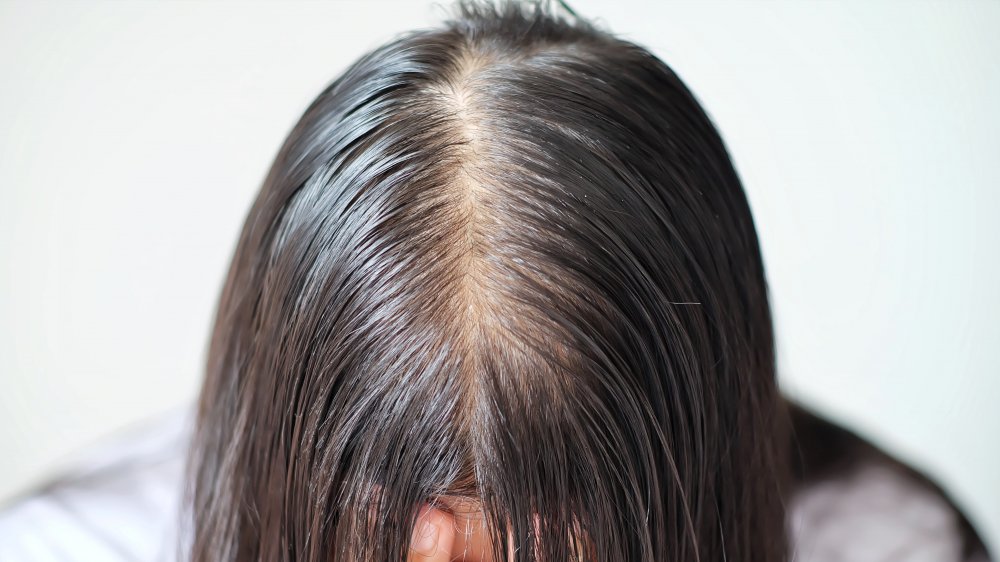
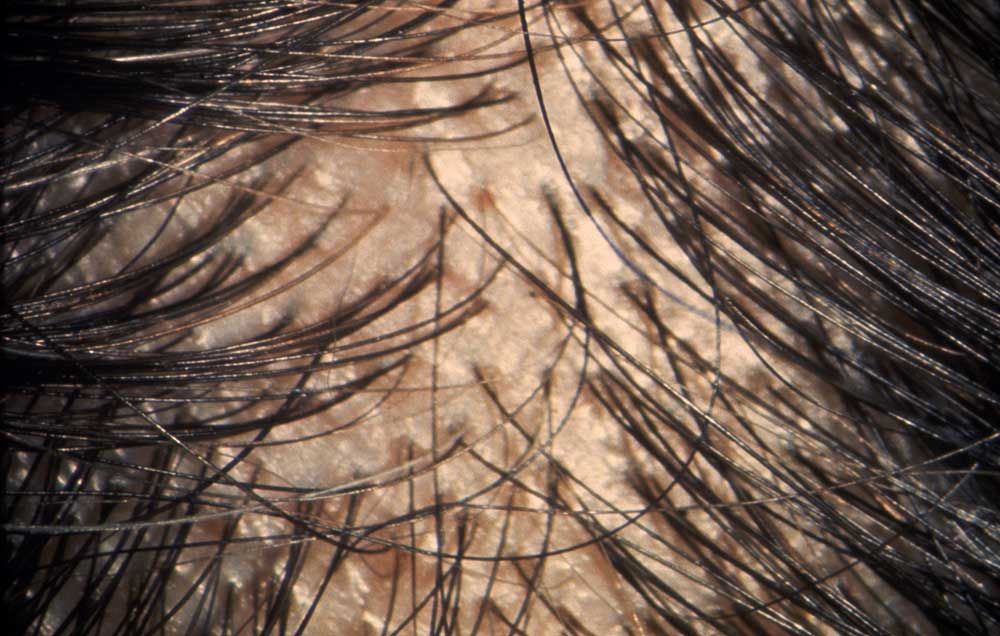
Thinning hair is a common condition in which hair is falling out from the scalp. It is the result of a variety of factors, including genetics and lifestyle habits. It may also be caused by certain medical conditions. Stress hormones can cause hair follicles to enter a telogen stage, which results in thinning hair.
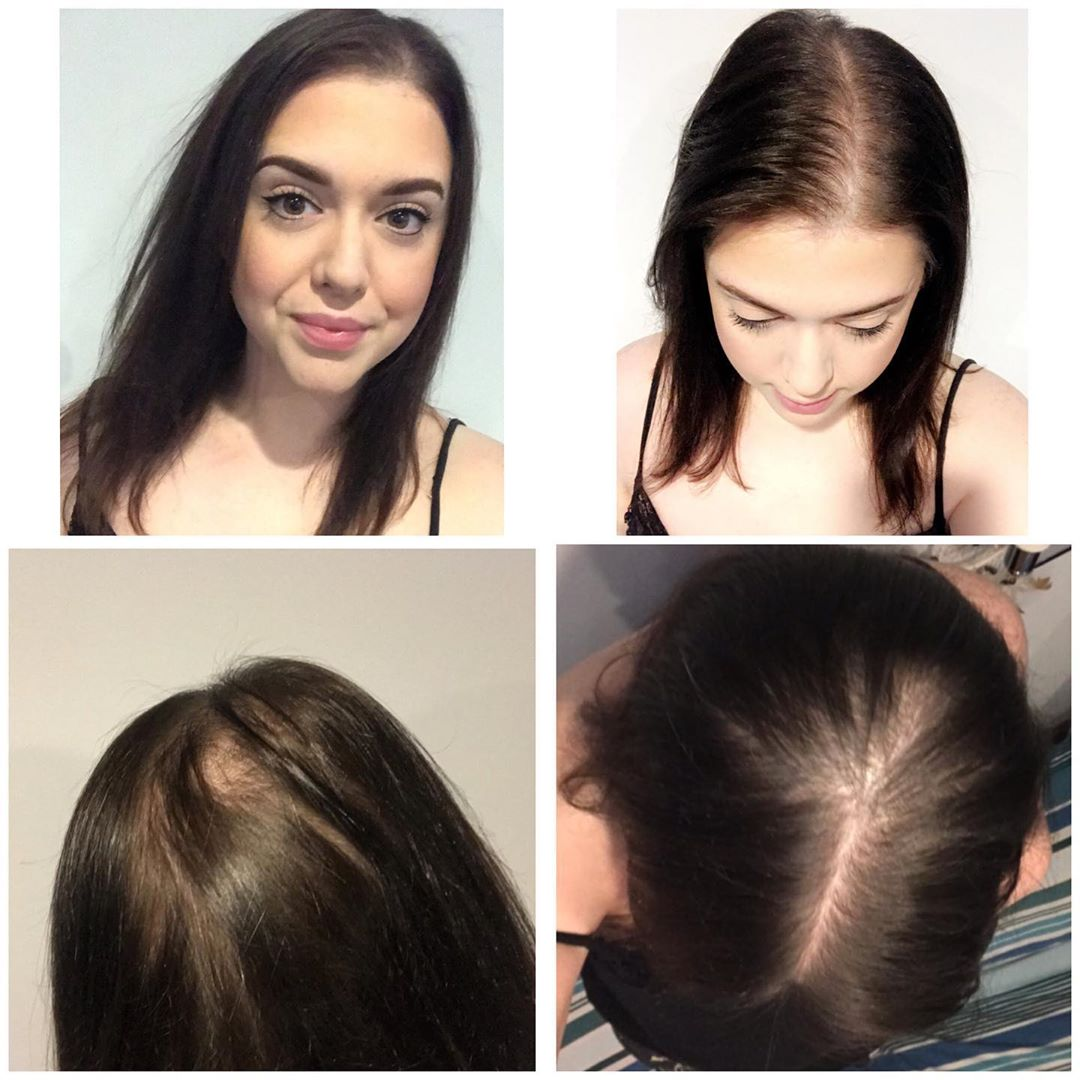
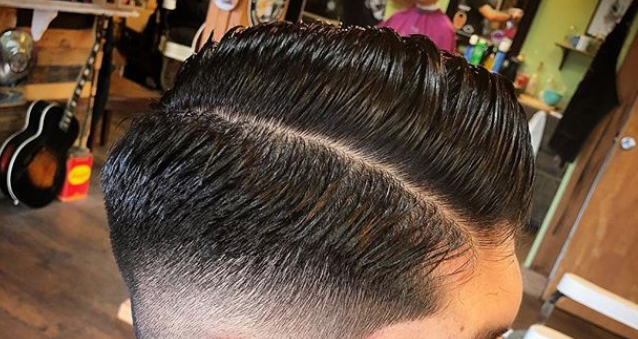
Over-washing can strip important oils from the scalp and leave it dry and lifeless. It is okay to wash your hair occasionally as long as you are using products that are natural and gentle on the scalp. It is best to avoid frequent washing, especially if you have a medical condition.
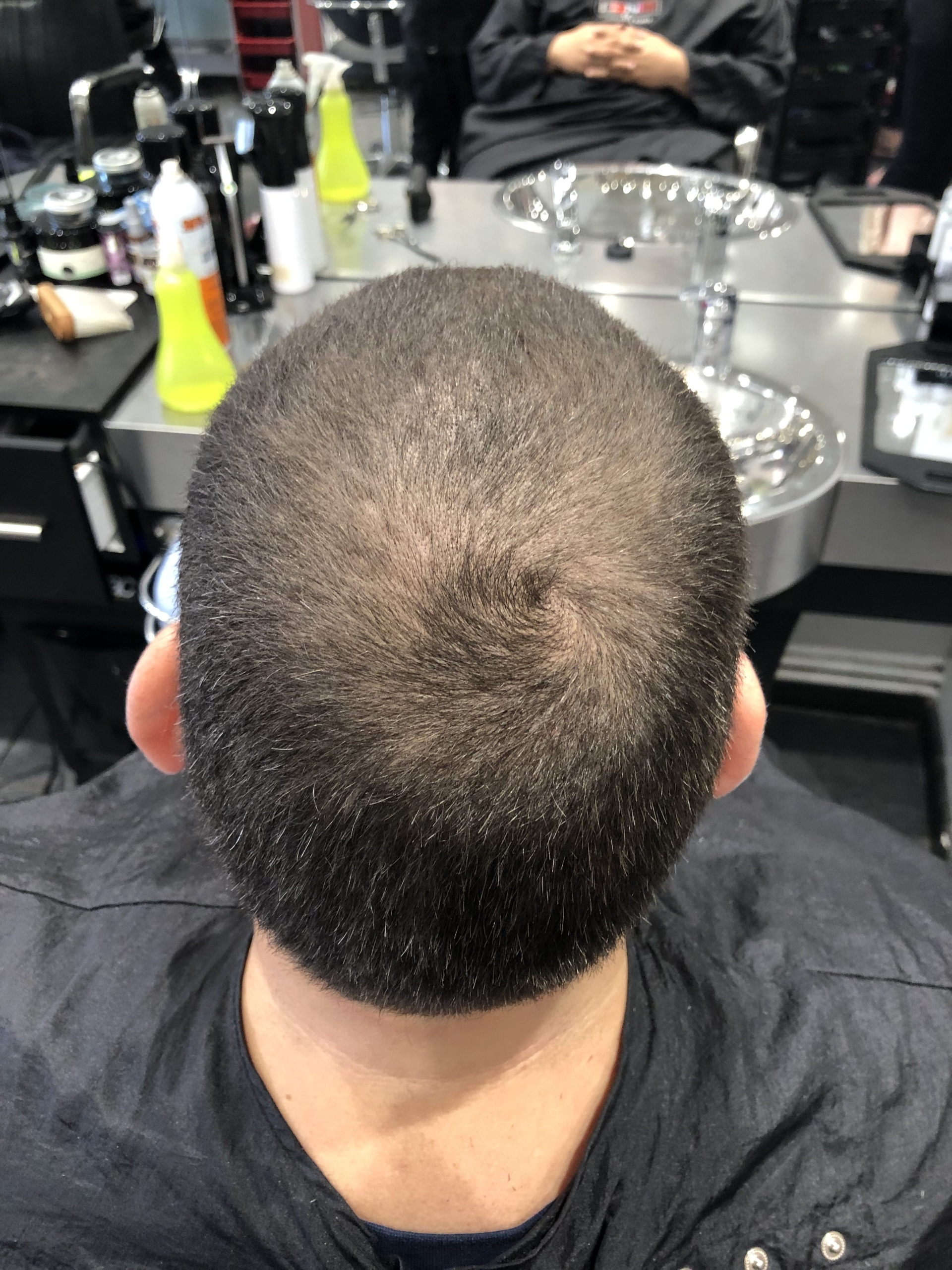
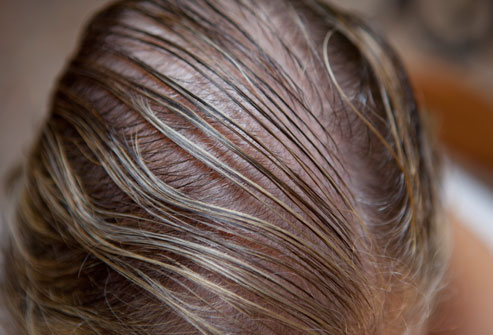
Having an unbalanced diet can also negatively impact the quality of your hair. Insufficient protein in your diet will lead to increased shedding and a lack of essential nutrients. Moreover, low levels of iron in the diet can cause brittle, coarse hair. Vitamin D is an essential component of healthy hair growth, and can be obtained from sunlight or supplements.
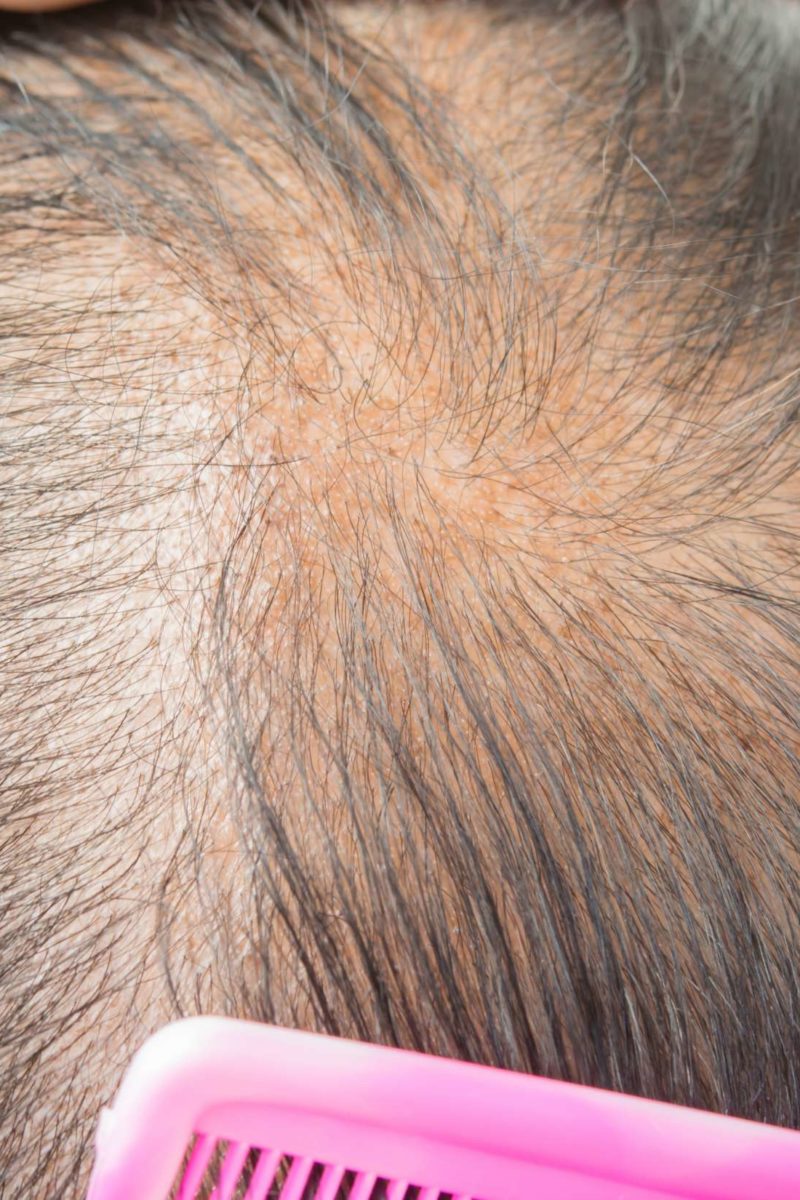
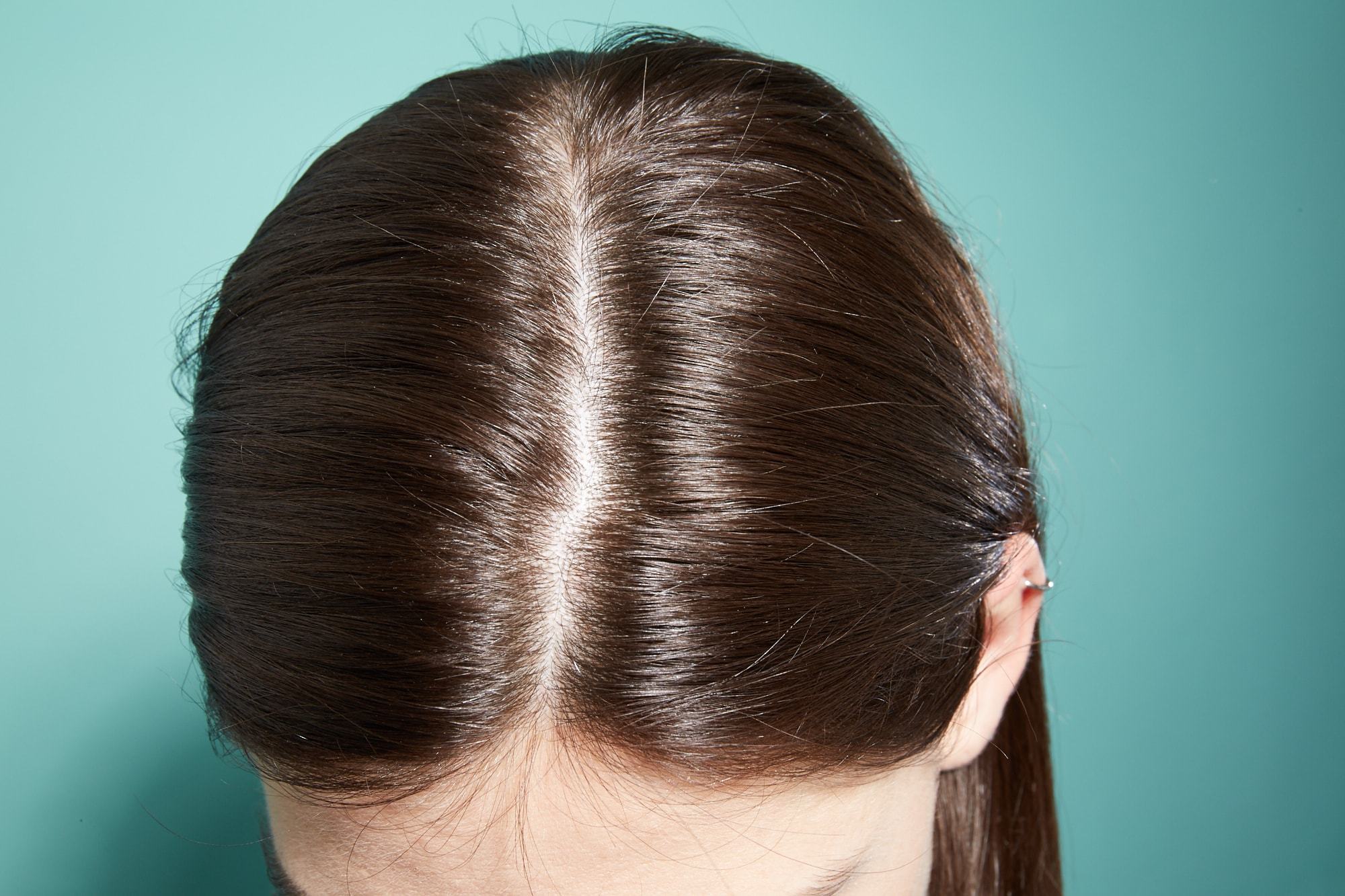
Treatments
If you are having trouble with thinning hair, it’s important to know that there are many treatment options available for thinning hair. A dermatologist can determine the underlying cause of your hair loss by examining the pattern of thinning hair. They may also order blood tests to rule out other underlying health issues. Although thinning hair does not necessarily mean a serious medical condition, a visit to the doctor is necessary to determine the proper course of treatment.

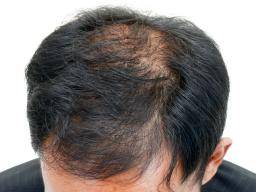
One of the best treatments for thinning hair is PRP therapy. This procedure stimulates hair follicles to produce new hair, thus slowing the thinning process. This treatment is both non-surgical and natural, and the best part is that it’s safe and effective. The procedure involves drawing blood from the patient’s scalp and injecting it with PRP, which is a type of platelet rich plasma. The growth factors found in the blood stimulate hair growth.

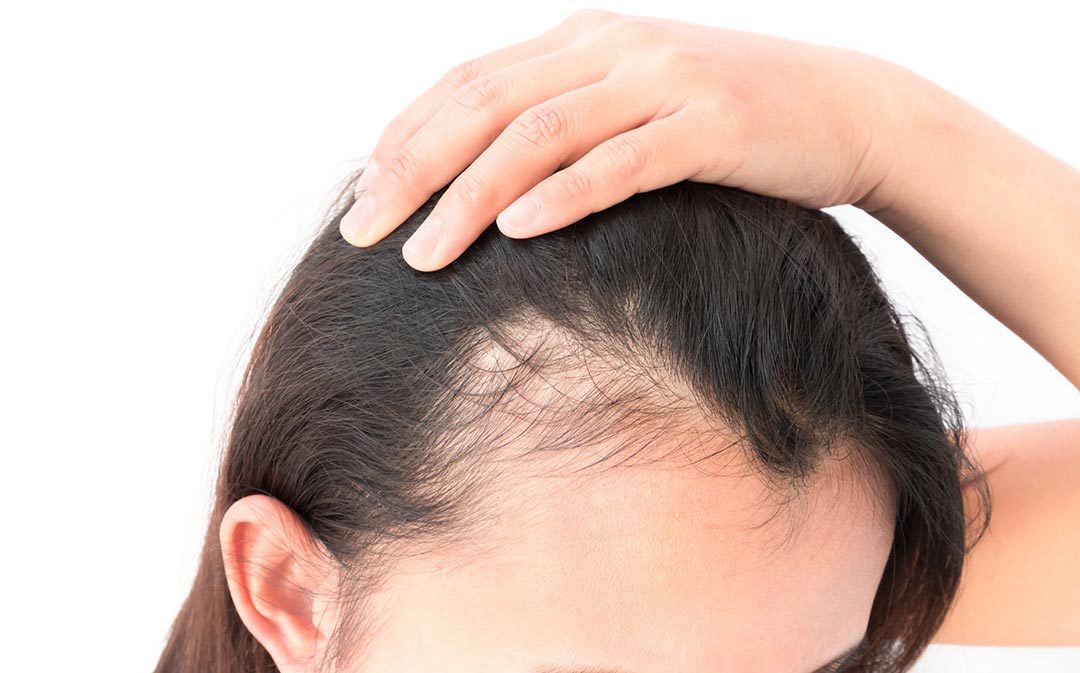
Another option is a hair transplant. This surgical procedure can produce long-lasting results. During the procedure, a dermatologist will remove strips of skin and individual hair follicles. The surgery takes anywhere from four to eight hours. Patients with thinning hair should consult a dermatologist before undergoing the procedure. Low-level laser therapy can also be used for months. However, it is important to remember that these treatments can have side effects, including scarring.
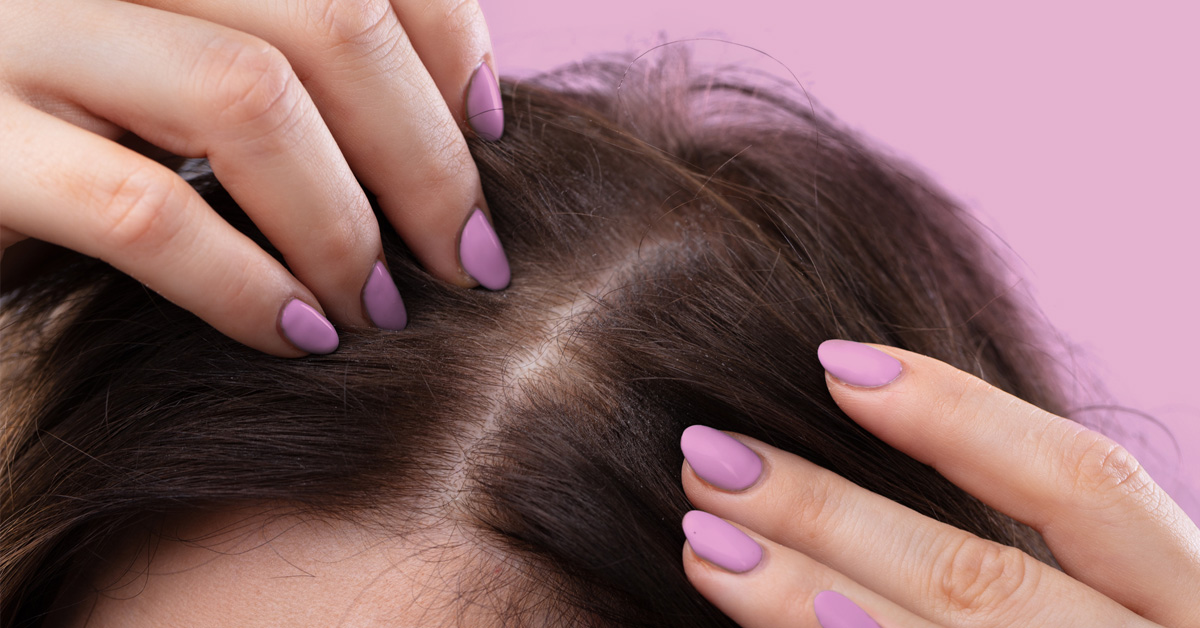
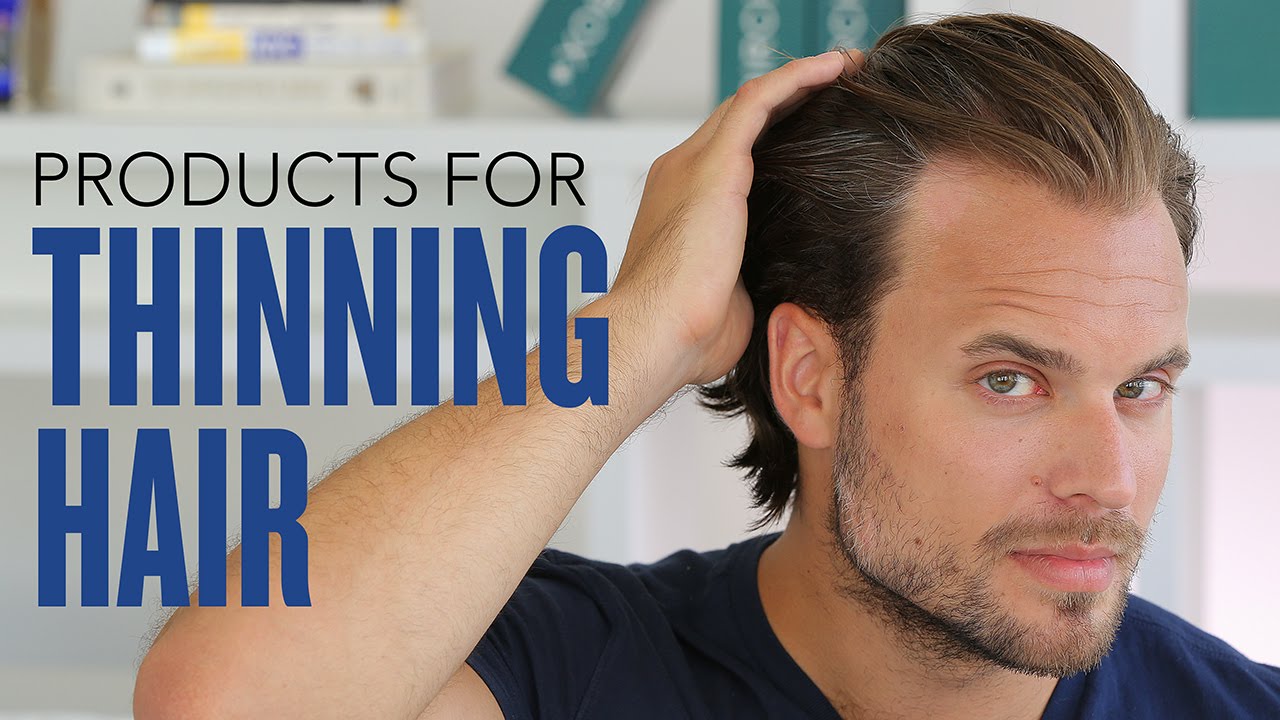
For men with male pattern baldness, the most effective treatment for thinning hair is finasteride. This medicine works by preventing the effects of male hormone DHT on hair follicles. Studies show that 90% of men who used finasteride for six months saw an arrest in hair loss.
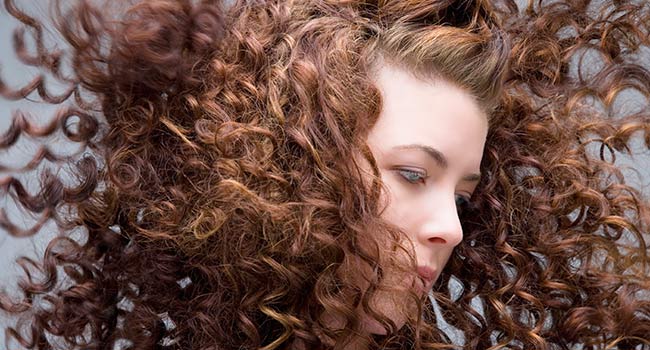
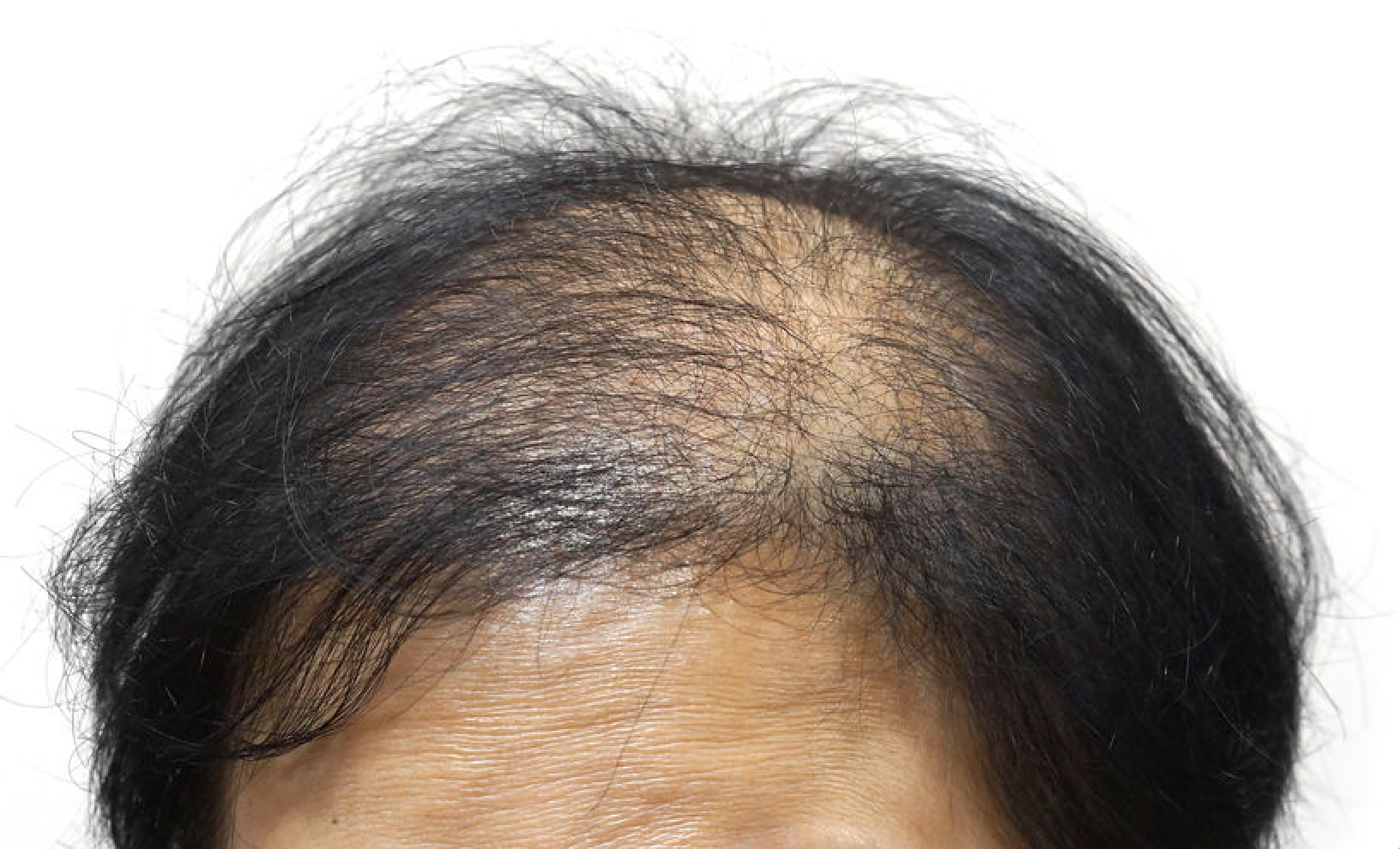
Another effective treatment for thinning hair includes topical applications of minoxidil. It contains a key ingredient that repairs damaged hair and promotes hair growth. Minoxidil foams contain 5% of this ingredient and can help prevent hair loss in women. These treatments can be combined with oral medications and supplements that reduce inflammation in the scalp. Other treatments include low-level laser therapy, which reduces inflammation and is very effective for treating hair loss.
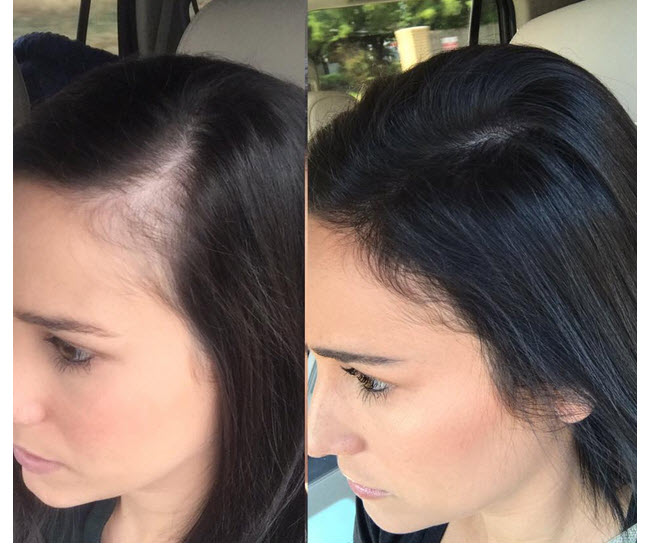
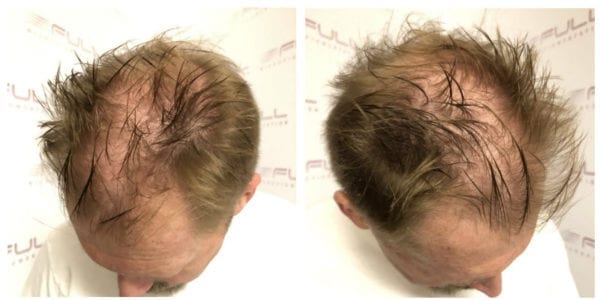
Supplementing a multivitamin can also promote hair growth in women. Multivitamins with iron and folic acid can be beneficial for the scalp and the hair follicles. However, it’s important to note that taking extra vitamins will not reverse thinning hair. In fact, too much of a supplement can be harmful.

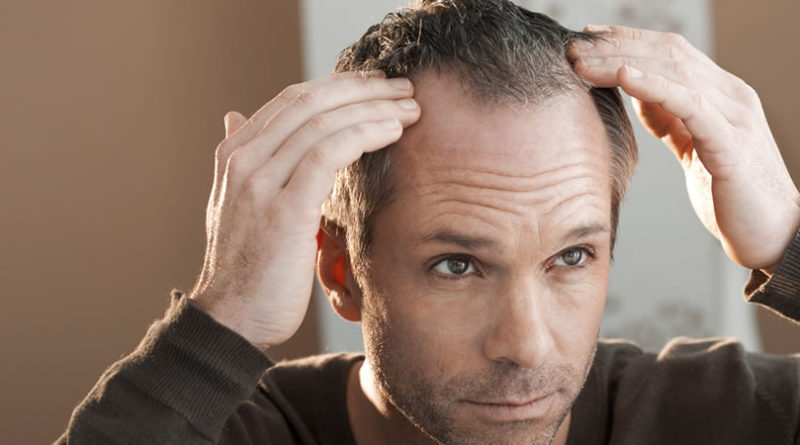
Natural remedies
There are many natural remedies for thinning hair. Most of them work by increasing the blood flow to the hair follicles. This helps the hair grow back stronger. Many of these remedies contain high amounts of protein, which is essential for healthy hair growth. They are also safe to use.
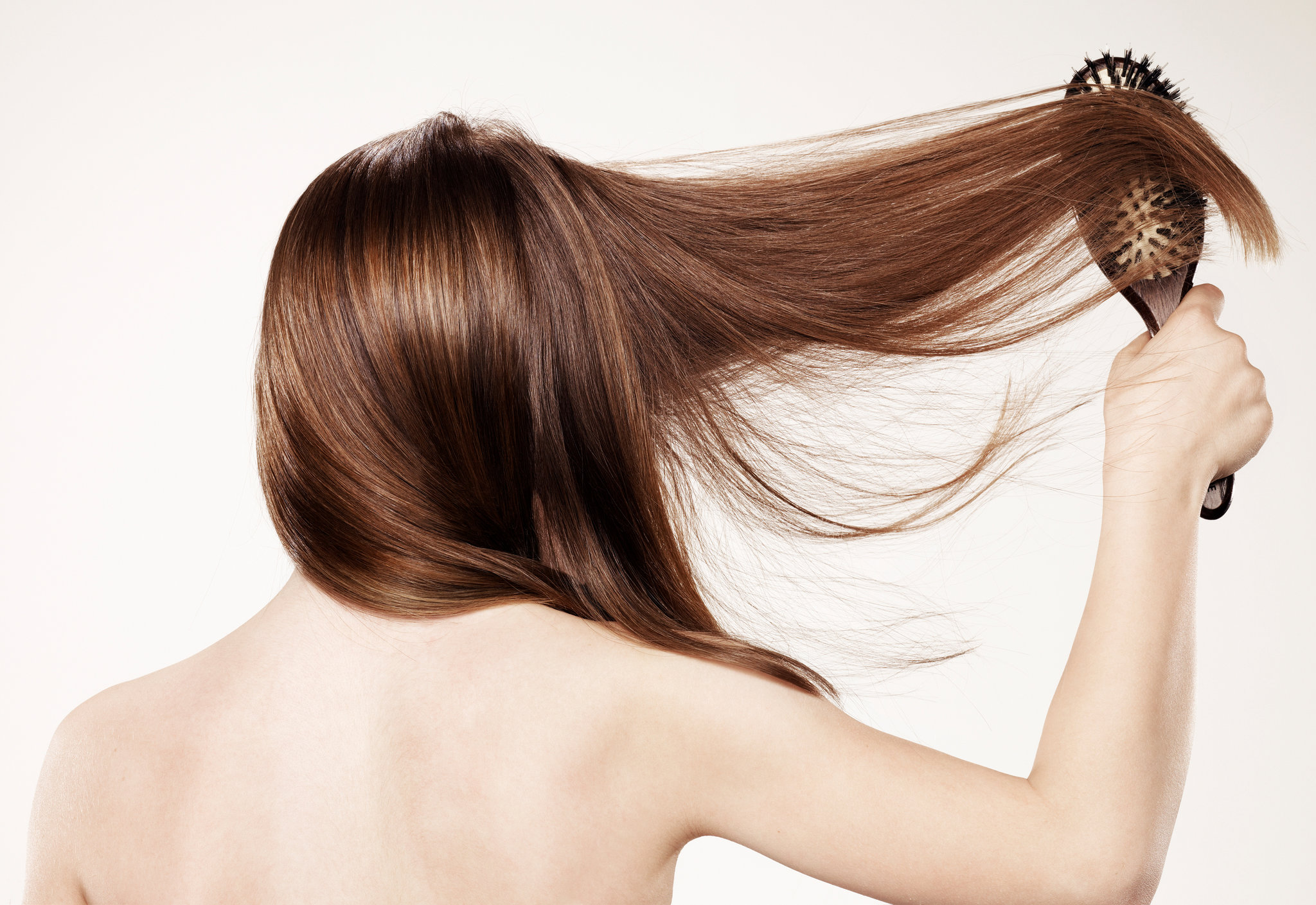
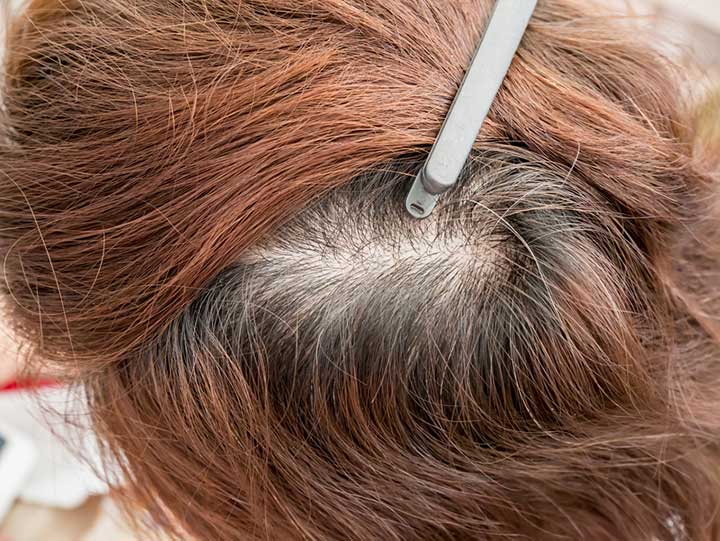
One natural remedy for thinning hair is an egg and milk mixture. You can mix the two and massage them into your scalp. Leave them on your head for at least five minutes before rinsing them. You can also apply a vinegar and water solution to your hair. This solution can be as strong as a gallon. Catnip is another herbal remedy for thinning hair. The leaves of this plant are believed to encourage hair growth.
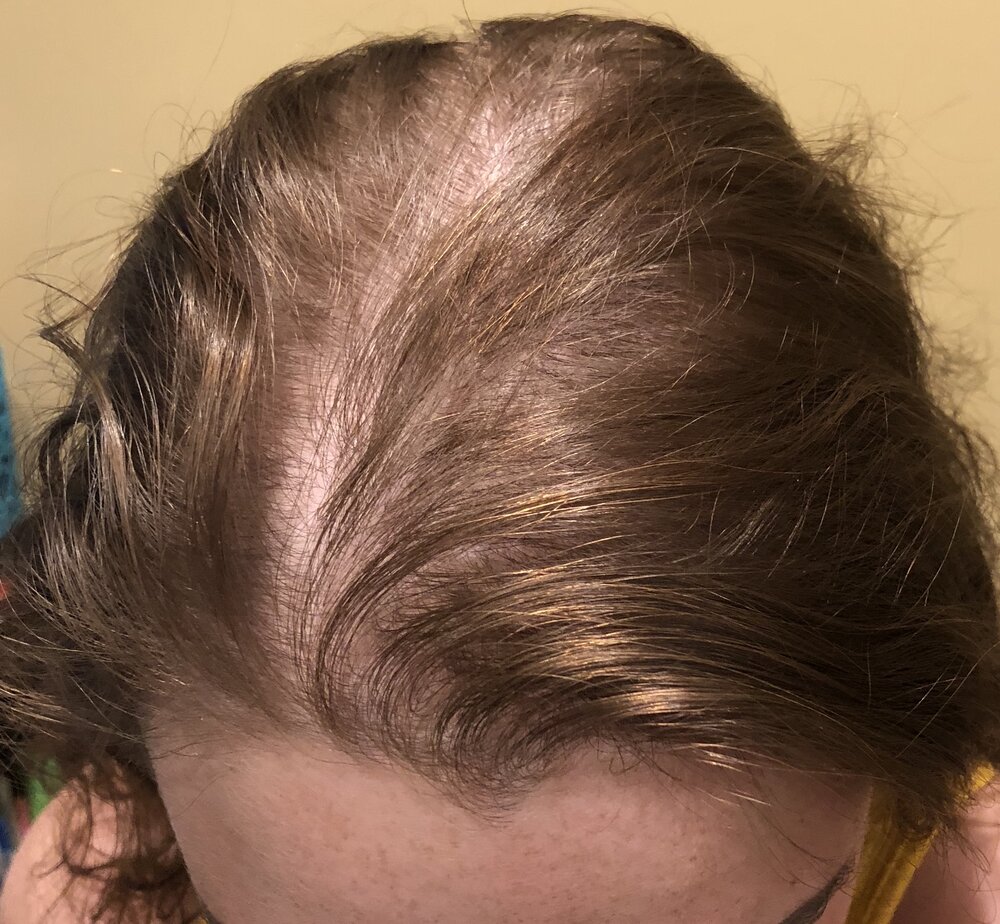
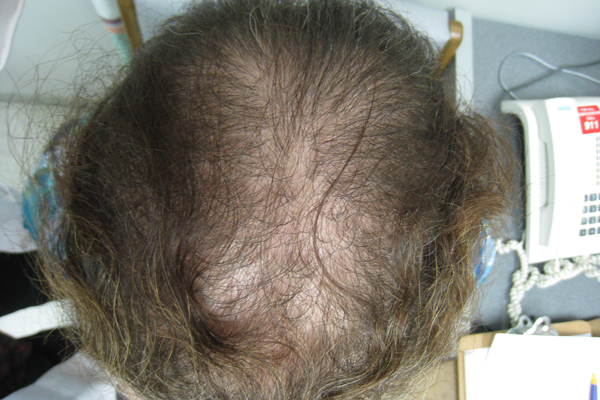
Another herbal remedy for thinning hair is essential oils. Essential fatty acids (EFAs) found in fish, flax, or borage oil can help strengthen brittle hair. In addition, you can take supplements like biotin, silicon, and zinc. These supplements can be purchased at health food stores.
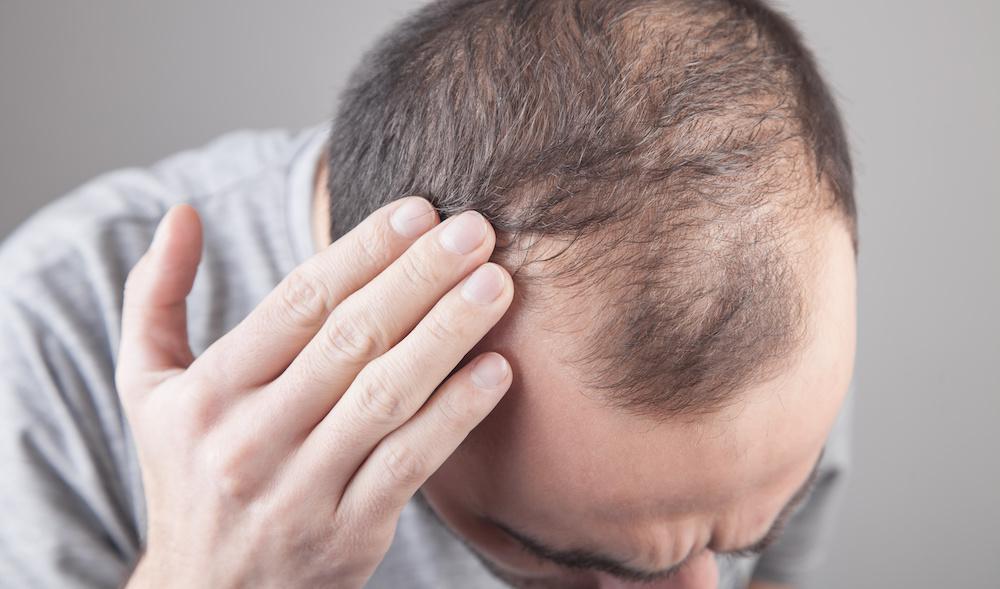
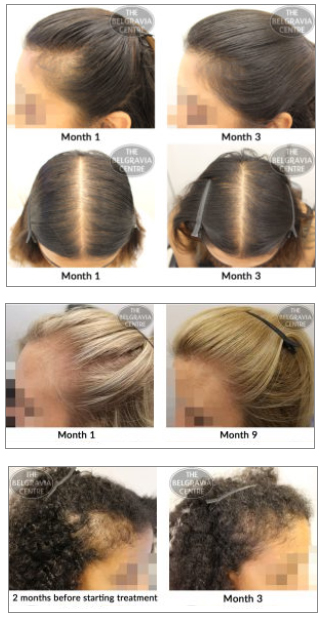
Vitamins A, E, and C can also help treat thinning hair. Vitamin A is found in salmon and oil, while vitamin E is important in stimulating the blood supply. Vitamin C helps the body absorb oxygen, which is necessary for hair growth. Biotin is another good supplement and is found in soybeans, walnuts, lentils, and brewer’s yeast.
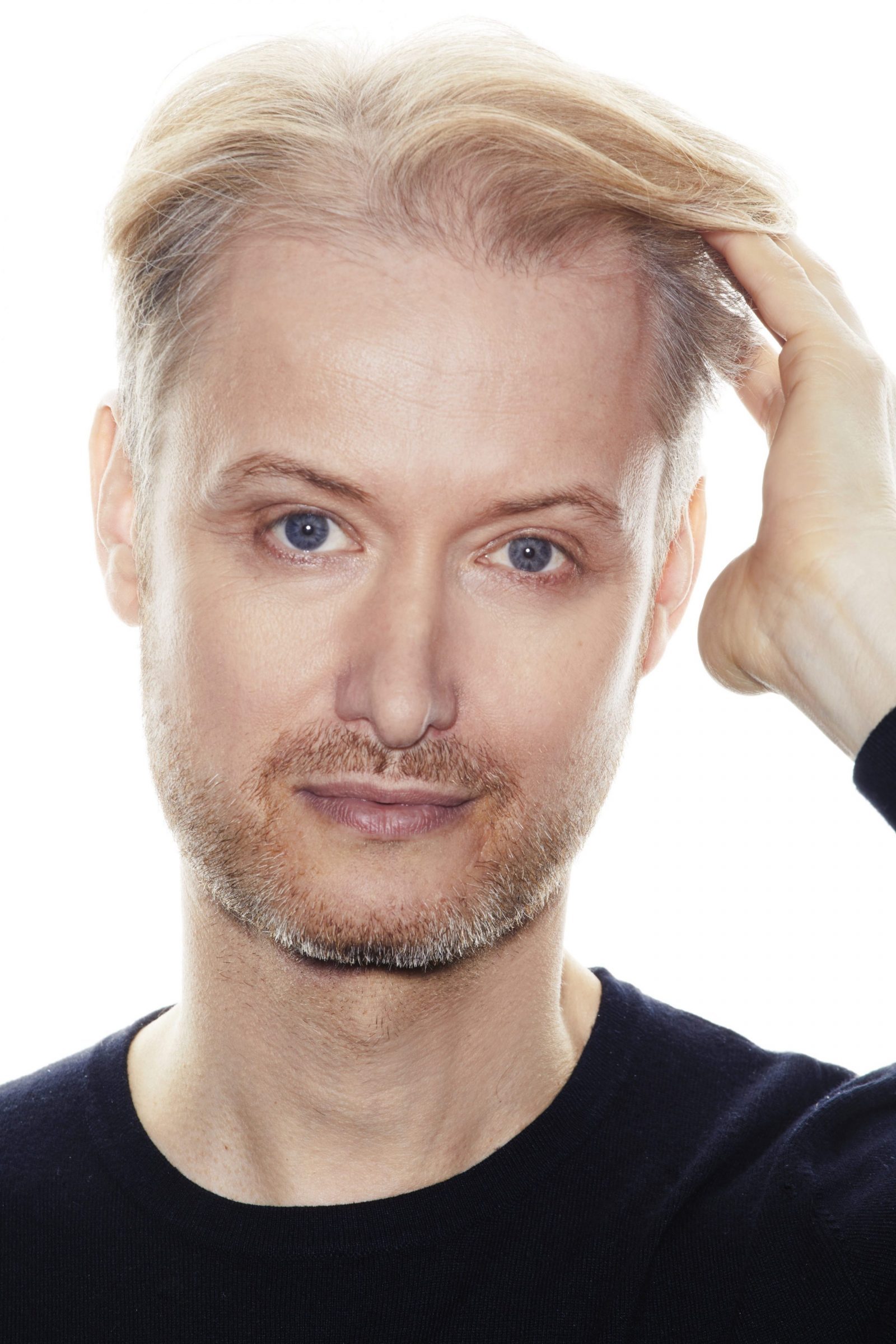

Besides vitamins and minerals, you should also avoid over-processing your hair. Excessive bleaching, perms, chemical straightening, and flat-ironing can cause damage to your tresses. Insufficient nutrition can also cause hair thinning. So, it’s essential to eat healthy foods rich in nutrients.

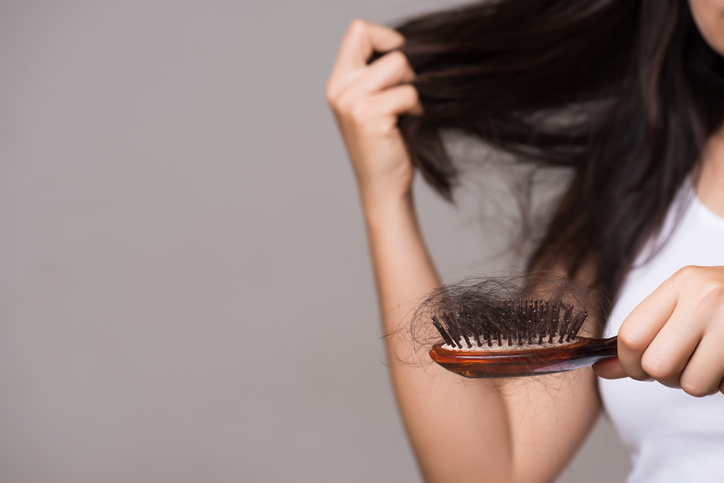
The essential oil of rosemary helps in stimulating the hair follicles. It also promotes healthy circulation and reduces inflammation. You can use rosemary oil daily on your scalp to increase hair growth. But remember that it can be harsh on your skin. So, use it with caution and dilute with almond oil.
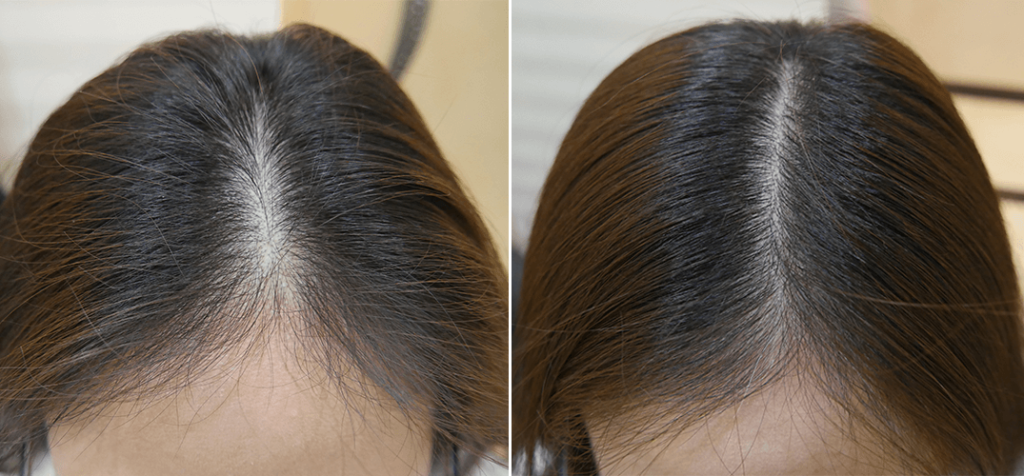
You can also try avocado, which contains monounsaturated fat, which is helpful for healthy hair growth. Also, avocados contain many nutrients, including potassium and zinc.

